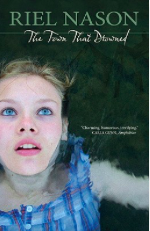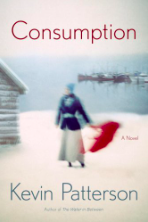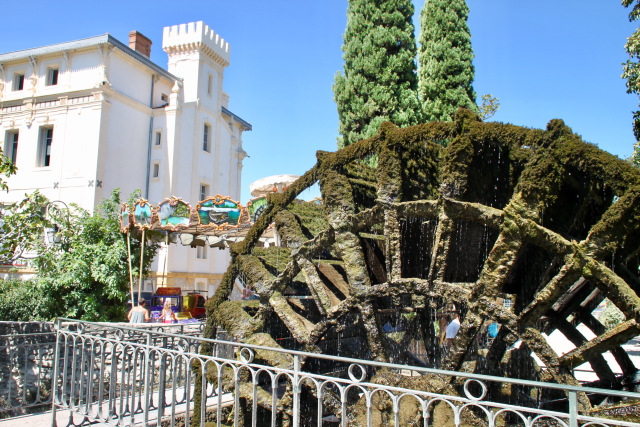 76. The Town that Drowned (Riel Nason)
76. The Town that Drowned (Riel Nason)
As part of the Cross-Canada Summer Reading Challenge, The Town that Drowned was my choice from New Brunswick. Described as a Young Adult novel it was a fictional story of a family impacted when NB homes were approrpriated, moved and burned to prepare for a hydroelectric dam. Although the story is fictional, many families were impacted and relocated due to hydroelectric dams in the 1960s.
The story, which was written in 3 sections including the Summer of 1965, the Spring of 1966 and the Spring of 1967, centred around 14 year old girl named Ruby. She fell through the ice and experienced a vision of the pending flooding. She was coming of age, struggling with the loss of her best friend and becoming interested in a boy, all in the midst of the drama of the dam. She helped looked after her brother who was described in a way that suggested he had autism or was on the spectrum which exacerbated the problem since he was adverse to change.
This was a great novel which would help share some of Canadian history with young adults. It is hard to imagine being given a choice of leaving your community or taking your house and moving it elsewhere for the sake of the building of a dam.
 77. Consumption (Kevin Patterson)
77. Consumption (Kevin Patterson)
My final book for the Cross-Canada challenge was Consumption which was set in Nunavut. It told the story of Victoria, a young girl ripped away from the traditional ways of her family and sent to a sanitarium in the South. After her tuberculosis was cured, she remained with another family for many years before the culture shock of returning to her family in the North.
The book, set in Rankin Inlet was eye opening as it described the harm to the Inuit way of life, the people and the land which were destroyed to make way for the valuable diamond mines. Victoria struggled up on her return. She married, had a family and continued to be plagued by loss. Part of her story was told through the eyes of a physician who had cared for her extended family. He had his own demons and avoided his own family by staying up North. The novel is full of a unique cast of characters who all deal with the challenges of Northern living in their own ways.
Both these novels are books that may not have made their way into my TBR piles but reading across Canada helped me read books that improved my knowledge of our great country, warts and all. It is hard to imagine the impact of mining on the North and the lack of consideration for both the people and the land that has taken place in Canadian history. Take a cross-country tour through books and enjoy and learn more about Canada!
Advertisements Share this:





